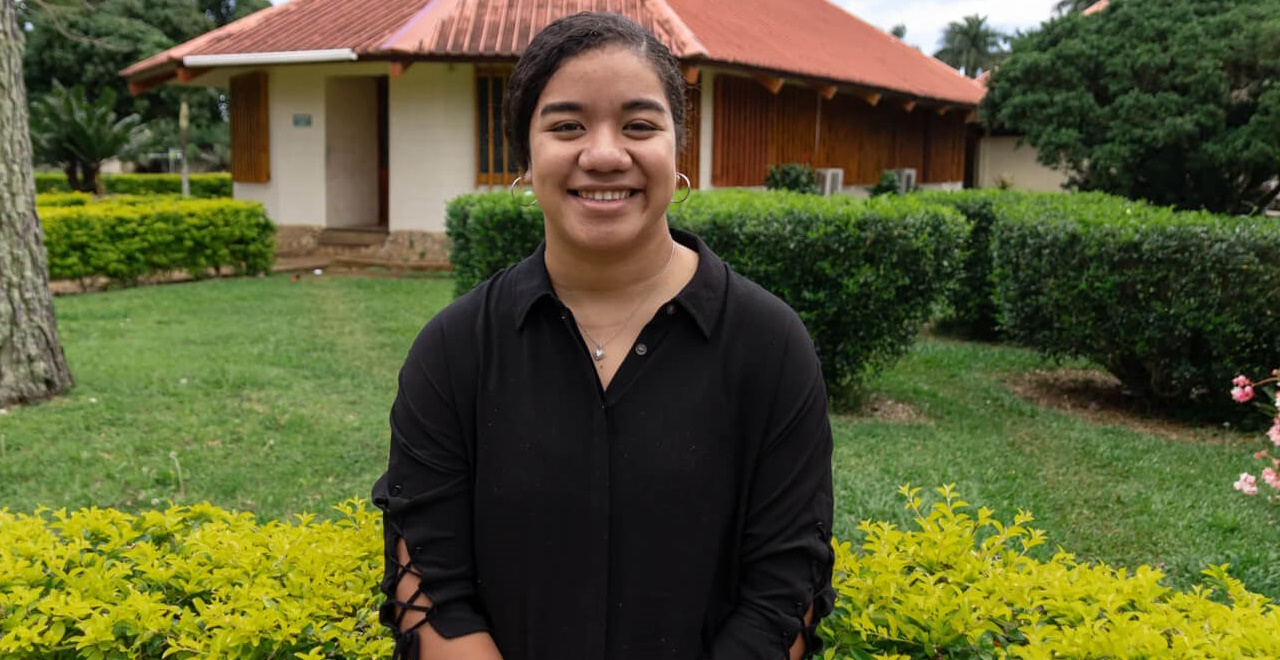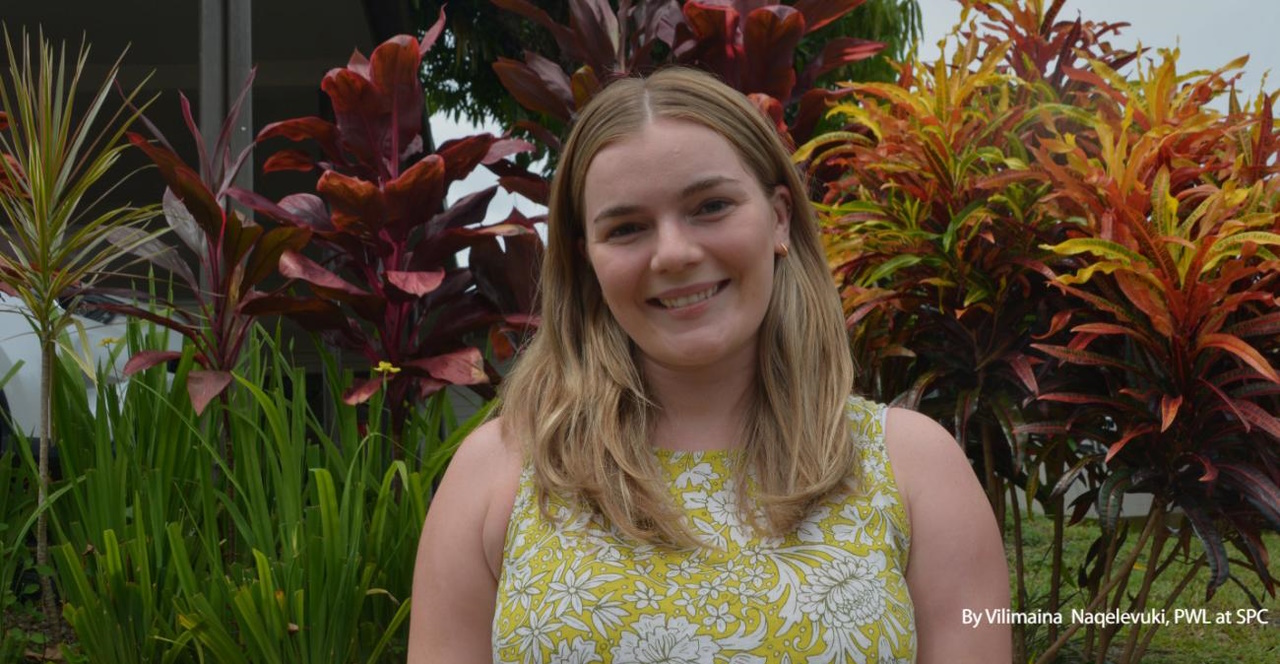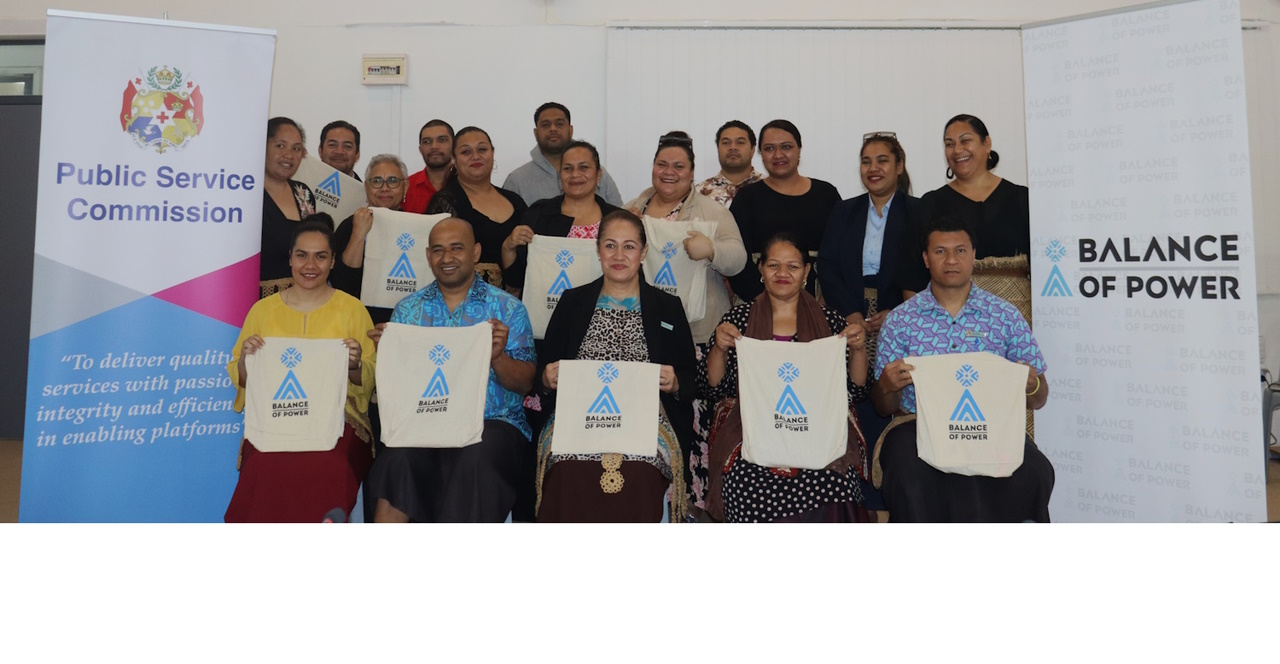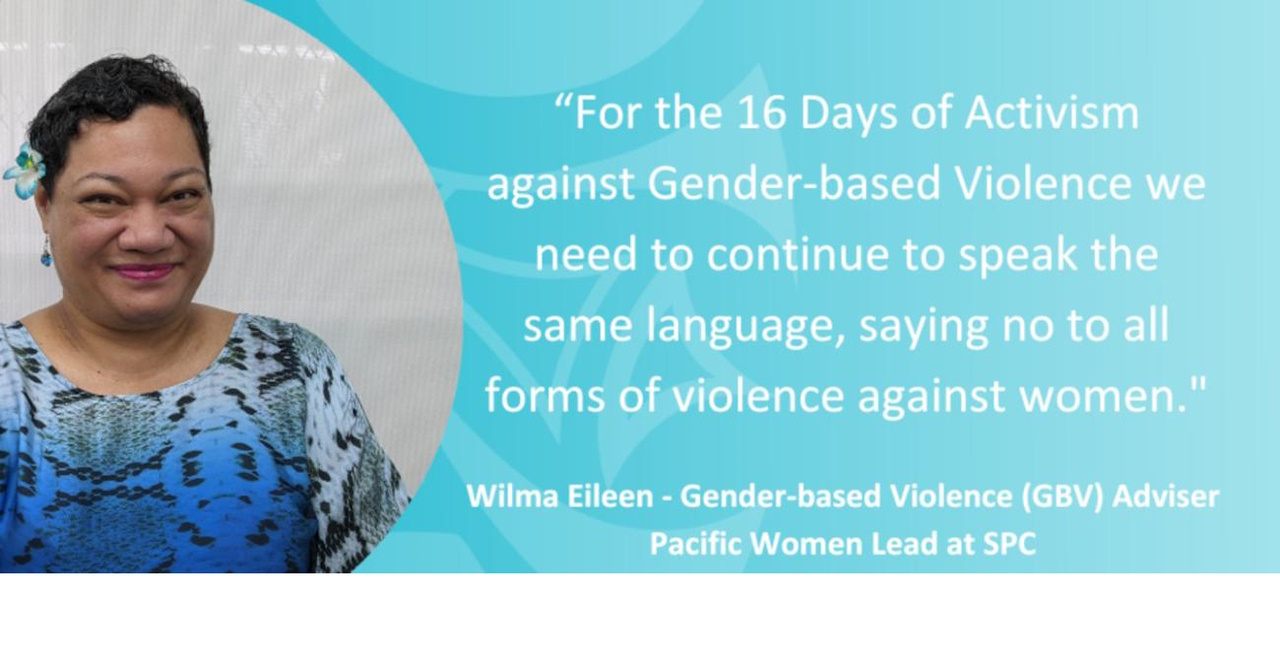Intergenerational Solidarity in Practice: “Shifting the power” with diverse youth
11 August 2022In the face of climate change, between the slow-onset impacts and intensifying natural disasters, a feminist coalition is making waves of change in an effort to leave no one behind.
As this year’s theme for International Youth Day, Intergenerational Solidarity: Creating a World for All Ages, brings to the fore – there is a need for action across all generations to realise sustainable development, including in the Pacific.
The Shifting the Power Coalition, one of the partners under Pacific Women Lead, has embedded the practice of working intergenerationally. This is through its regional advocacy as well as organisational practice within members of the coalition across 12 countries.
At the coalition’s recent partner meeting held in Nadi, Fiji, representatives from various member organisations reflected on what working intergenerationally means and how they are putting the principle into practice:
“An intergenerational approach in social movements provide a safe space platform for women of all ages to convene,” shared Taimalelagi Ramona Tugaga, President of the Young Women’s Christian Association (YWCA) Samoa. “We need to provide that space for older and young women to come together and learn from each other and come together to find a common ground to move forward.”
sdsdsdsd
“I am here through the nurturing of my mother, my grandmother, my aunties, my sisters and powerful women I have met, to help me grow with the knowledge they bestow,” added Adi Waqanitoga Ramarama Masivue a representative of the Fiji country partner Transcend Oceania “We need to be willing to learn from each other and build on that collective knowledge.”
“We are much stronger, more powerful, more impactful when we all work together, regardless of age, gender, experiences and credentials,” said ‘Ana Malia Falemaka, a mentor with the Talitha Project in Tonga. “Intergenerational solidarity can be achieved and seen for the equal participation and equal opportunities to speak and be listened to.”
“It takes a village to raise a child and so it takes all of us to create a much better and safer world.”
This feminist way of working is also extending beyond the ‘traditional’ actors, such as women’s non-governmental organisations, to disabled peoples’ organisations (DPOs).
Through collaborations with the Pacific Disability Forum and its national counterparts, the coalition is sharing its applied practice of intergenerational ways of working as an extension of taking an inclusive approach.
“Taking an intergenerational approach means weaving the younger and older wisdom together, it should be reflected in systems and structures that values the collective contributions of everyone regardless of their backgrounds, age, sex, religion [and] disability to help in bridging the gaps in addressing social issues and other pressing issues that matter,” explained Jay Nasilasila, disaster risk reduction (DRR) officer with the Fiji Disabled People’s Federation. “Our organisation serves all persons with disabilities… we value and recognise the diversity within the disability sector.
“We employ young energetic individuals who are with disabilities, we ensure that everyone are treated equally when designing and implementing our program project activities and other support mechanisms that are in place for persons with disabilities in Fiji.”
By transforming how they do their work, the engagement and advocacy facilitated through the coalition also benefits. At a practical level, actions like mentoring helps to demystify processes and policy language around climate change and DRR. This in turn creates an enabling space for younger representatives of the coalition when they enter ‘unfamiliar’ spaces, such as intergovernmental meetings and outcome document negotiations.
One such upcoming space is the Asia-Pacific Ministerial Conference on Disaster Risk Reduction (APMCDRR).
“What I have learn[ed] is that we can’t be deterred by technical and policy language,” said Carolyn Kitione, Learning Coordinator with the Shifting the Power Coalition. “What we need to do is make time to understand the political frameworks so that our government officials understand how things should be working for us as Pacific Island young women.”
“I am excited to be part of the preparation of the Shifting the Power Coalition Young Women’s Steering Committee representatives who will be attending the APMCDRR. We will be learning together so that we all feel confident to connect our authentic voice and local expertise to a ministerial process.”
Carolyn will be joined by Lucille Chute of Transcend Oceania, Vika Savieti of the Talitha Project, Ramona Tugaga the President of the YWCA of Samoa and Jay Nasilasila.
By making a conscious effort to support youth, especially young women from the Pacific, the result is a greater diversity of representation in the spaces where decisions are being made.
“Pacific Island women are demonstrating their localised knowledge, leadership and collective networks, and tackling the harmful gender norms that continue to prevent women’s full and equitable participation in disaster risk reduction and resilience,” explained Sharon Bhagwan-Rolls, Regional Representative of the coalition. “This supports governments, national disaster management offices, and meteorological offices to drive national commitments to gender equality and human rights including women’s rights, and disability and LGBTQI+ inclusion and rights.”
The Shifting the Power Coalition is comprised of women’s rights and disability organisations across the Pacific region working together to strengthen diverse women’s voices, agency and decision making in disaster preparedness, response and recovery. The coalition’s Pacific Owned, Women-Led Early Warning & Resilience (POWER) Systems (Phase 1) project is supported by Pacific Women Lead, funded by Australia through the Pacific Community (SPC).
Division
Human Rights and Social Development



